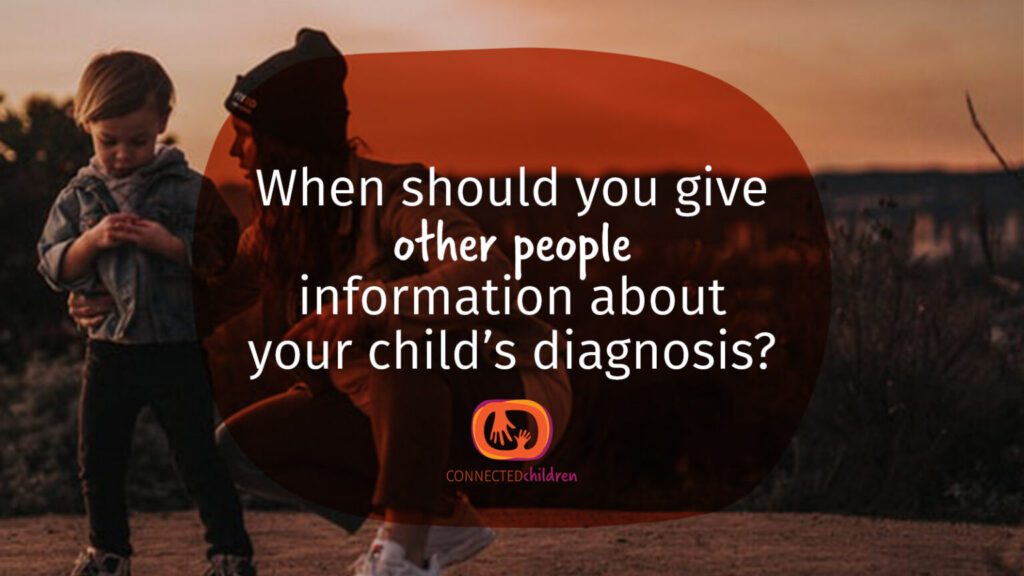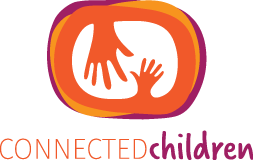
A family I support have a child who is quite vocal, he will often shout out, especially when out in the community. He does this when he is enjoying himself but sometimes it is when he is becomes overwhelmed or anxious. This little boy was at Coles with his mother when he started to vocalise quite loudly. He was 4 at the time, but didn’t yet have words that others could understand.
As he was getting louder, his mother was trying to reassure and settle him and a lady walked over and started talking to her. The little boy became louder and more vocal and she started asking questions about him. Does he have autism? Why doesn’t he speak? How old is he? and so on. Maybe this came from a place of caring for this little boy or maybe she was irritated by his noises disturbing people in the store. The mother wasn’t interested in sharing information about her little boy and refused to answer. In another situation, she would have been happy to share information to help other people understand her little boy and other children with additional needs.
Sharing information about people with additional needs or disabilities, in some situations, is a very important part of supporting inclusion and participation. For example, when starting school, ensuring the teacher has relevant information or sharing about your child’s allergies at birthday parties.
This is important to consider when using carers to support your child or young person. When they are out and about, they may be in situations where they feel they need to share information about your child. However, do they know what you are comfortable with them telling others about?
There is a delicate balance between maintaining a person’s privacy and advocating for their needs.
For example, if a child is needing additional accommodations such as dietary adjustments, it is essential for their safety to share some information about them.
To be clear, it should not be a requirement to share all information about people with additional needs or disabilities in order for allowances to be made, but I have seen countless occasions when families have found it valuable to share information about their child. They report this has helped other people to be more understanding and this has promoted their child or young person’s participation at that time.
However, in some situations, people in the child’s community can ask questions about a child that are unwelcome. Even if this comes from a place of concern, this can feel intrusive for the family and child or young person. It is so important to ensure that your child’s carer has a clear understanding about confidentiality, knowing what is and is not ok to share about your child.
If you want to think this through further…
What would you like to share with others about your child or young person?
What might be helpful for others to know?
Are there particular people you would like to share more with?
Why is this? Is this for practical reasons or is this more about emotional support for you or your child? (Either is fine of course)
A really important question to ask, what role can your child or young person have in telling their story? What might they want to share with others?
These questions can help you and your child to think through their values and preferences when advocating for themselves.
So how do we support carers to maintain your child or young person’s confidentiality?
We have developed a resource to help guide you in providing relevant training and support to your child’s support worker. We have seen a need for this to help promote great outcomes for child and young people with additional needs, their families and the support network around them. If you are interested in further information, feel free to contact us.
Thinking these things through is important for your child or young person and getting this right will benefit the whole family. All the best supporting your child.
